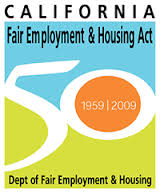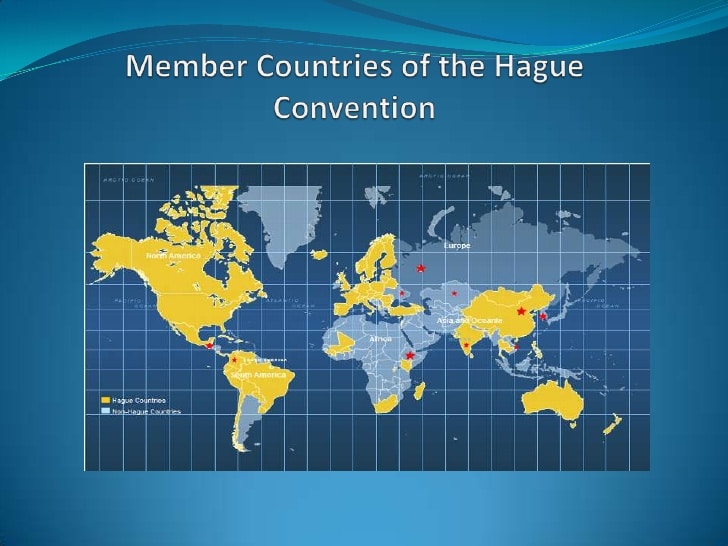Plaintiff’s opposition to a demurrer was filed late, and the court gave plaintiff two choices: (1) the court would strike the opposition and go ahead with the hearing; or (2) the court could continue the hearing and order plaintiff to pay any costs incurred as a result of the continuance plus attorney fees and have […]
Two Issues: Substantial Factor Analysis In Product Case And Whether There Should Be A Setoff Due To Potential For Future Settlements.
Plaintiffs’ decedent died from mesothelioma caused by asbestos exposure. After trial, a jury found defendant was ten percent (10%) responsible for plaintiffs’ damages. On appeal, defendant argued: (1) plaintiffs failed to introduce expert testimony that defendant’s asbestos alone (as opposed to acting in combination with others’ asbestos) constituted a substantial factor in the development of […]
Litigation Privilege Protects Lab From Erroneous Paternity Results.
A laboratory conducted DNA paternity testing for a county as part of a paternity proceeding in superior court against a man who is a plaintiff in the instant civil action for negligence against the lab. The results were wrong, and unknown to the family for years. The superior court dismissed the lawsuit against the lab […]
Statute Of Limitations In Employment Application Does Not Override FEHA Or Common Law That Otherwise Provides.
Plaintiff brought an action against her former employer alleging claims under the Fair Employment and Housing Act [Government Code section 12900; FEHA] and two nonstatutory claims. The employer moved for judgment on the pleadings based on plaintiff’s signed application for employment where she agreed that “any claim or lawsuit . . . must be filed […]
Mandatory Relief Denied To Plaintiff Whose Attorney Had Cancer, Missed The Trial And Later Died.
Plaintiff’s lawyer was properly noticed of the trial date, but miscalendared the date, and on the date of the trial, the court granted a judgment of $0 to the appearing defendant. Plaintiff’s counsel thereafter moved, pursuant to Code of Civil Procedure section 473(b), to set aside the judgment. The motion included a declaration explaining how […]
No Equitable Tolling For Parents That Abduct Children.
When a parent abducts a child and flees to another country, the Hague Convention requires that country to return the child immediately if the parent requests return of the child within one year. In this case, the mother and child disappeared from the United Kingdom in 2008, and the father did not locate them in […]
Trial Court’s Denial Of Petition To Compel Arbitration Reversed.
The trial judge denied defendant employer’s petition to compel arbitration in a wrongful termination case after finding the arbitration agreement was unconscionable. The arbitration agreement was presented to the plaintiff employee on a take-it-or-leave-it basis and his signature was a precondition to employment. But plaintiff contended he was already on the job working for over a week before […]
No Disqualification: I Told You About It; Now Forever Hold Your Peace.
It’s a family law case, and the commissioner presiding over the matter, who has post-judgment support matters still pending, has agreed to preside over the wedding of the wife’s lawyer. The husband petitioned the appellate court for a writ of mandate, seeking disqualification of the commissioner under Code of Civil Procedure section 170.1, which says a judge is disqualified if […]
Trademark Not Abandoned.
A bank acquired an insurance/financial services company and changed the name of the newly acquired company, but continued to display the former trademark in order to maintain the website and metatags and accept customer payments. A few years later, the bank did not renew registration of the trademark. Former employees of the company the bank acquired launched […]
Trial Court Has Subject Matter Jurisdiction.
Plaintiffs are the heirs of a man who was electrocuted while trimming trees. Defendants are a tree inspection company and a utility. The trial court granted the defendants’ motion to dismiss “because this court lacks subject matter jurisdiction under Public Utilities Code section 1759.” The appellate court reversed, stating: “We hold only that the superior […]
- « Previous Page
- 1
- …
- 12
- 13
- 14
- 15
- 16
- …
- 36
- Next Page »








